2020 was the year of COVID-19, of quarantine, of unemployment, of the assassination of Iranian major general, of the death of George Floyd, of forest fires and hurricanes, US Presidential Election, of closed schools and shuttered restaurants and of thousand deads every day in the world due to pandemic, and etc., that nobody will forget it.
In this regard, we reached out to some of the prominent international politicians and figures to know what the most significant event has been in the world in 2020 in their viewpoints.

François Nicoullaud, a veteran diplomat and former ambassador of France to Tehran said, "The most important event of the year 2020 has been undoubtedly the emergence of the Covid19 pandemic. Because of the challenge it has raised against our way of life, and even our civilization. Because of its geopolitical implications. And because of the human suffering, it has created in every corner of our whole world."
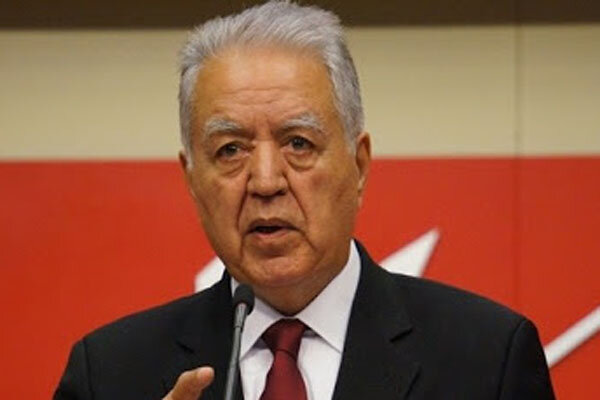
Dr. Osman Faruk Logoglu, a veteran politician and diplomat and senior member of Turkey's CHP said, "The most important event of 2020 was the pandemic of populism. Populism, hopefully temporarily, degraded science and knowledge. With few scattered exceptions, it undermined national and international efforts to deal with COVID-19, climate change and existing regional conflicts."
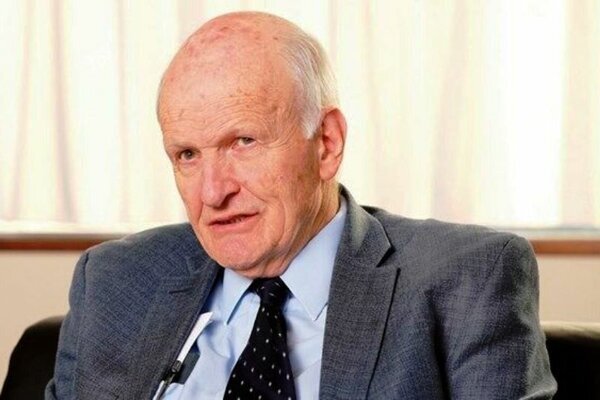
Prof. Frank von Hippel, American theoretical physicist and Professor of Public and International Affairs at Princeton University said, "For me, the most important event was saving democracy in the United States from being taken down by Donald Trump and his supporters and facilitators – mostly fools but too many as empty and corrupt as he is."
"This struggle is not over, but in 21 long days, Trump will no longer be president of our country and I hope we can begin to repair the damage he has done – not least to the effort to build a more positive relationship with the people of Iran," he added.

Mehmet Ogutcu, former Turkish diplomat, Chairman of the London Energy Club and CEO for the Global Resources Partnership said, "Unless you have been living under a rock the entire year, 2020, has certainly been one we will never forget."
"There is so much jam-packed into this year. But if I have to pick only one most important thing, it is the COVID-19 pandemic that has affected our lives in practically every way imaginable, alongside 2020 being the year of Trump, Black Lives Matter, Brexit, the emergence of a US-China “Cold War" and the assassination of Iranian General Qassem Soleimani.
Really, COVID-19 needs no explanation as to why it has been the biggest event of this year. The virus is continuing its spread across the world with almost 80 million confirmed cases in 190 countries and more than 1.7 million deaths.
Governments have been forced to limit public movement and close businesses and venues in a bid to slow the spread of the virus. This has had a devastating impact on the global economy.
Damage to the world's major economies is four times worse than the 2009 global financial crisis, according to the OECD. The United Nations has said that up to 265 million people could face starvation by the end of 2020 because of the impact of Covid-19.
As 2020 ends, and with vaccination against the coronavirus ramping up, would-be travellers wonder what they can expect in the coming year, and beyond. Of all the industries reeling from its destructive impact, the travel industry was upended like no other. The water-energy-food nexus and their supply security have become vital."
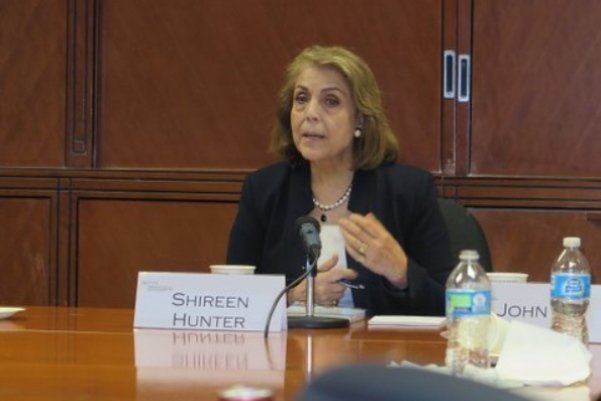
Prof. Shireen Tahmaasb Hunter, Professor of Political Science at Georgetown University in the US said, "The most important event of 2020 was the rapid spread of COVID-19 globally, including in the US and Europe. The spread of this new virus caused massive disruptions in all the affected countries, especially in economic activities. It also changed the ways of communications and methods of teaching and working. In many fields, virtual communication and interaction replaced in-person connections. This virtual method of doing things even was extended to diplomacy and international affairs. Once the pandemic is over, many of these new practices might very well continue. At any rate, life after COVID is likely to be much different from life in the pre-COVID era."
"The discovery of a vaccine for COVID was the other important development of the last month of 2020. The chances of life returning to some normalcy are dependent on how successful the vaccine would be in preventing new surges of the pandemic. In short, the pandemic caused by the virus Covid 19 and its ramifications dominated life in 2020.
Of much less significance but still consequential was the defeat of Donald Trump in the 2020 US presidential elections. Under President Biden, many aspects of the US policy are likely to undergo significant changes. These changes could have considerable ramifications for international politics and could affect many of regional dynamics, including in the Middle East. Depending on the nature of these changes, Iran, too, could be affected either positively or negatively."
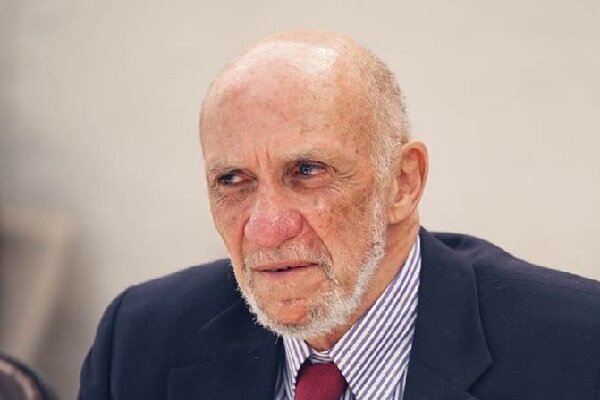
Prof. Richard Anderson Falk, American professor emeritus of international law at Princeton University and former UN official called 2020 strange and unforgettable, saying that the defeat of Donald Trump in his effort to be reelected for a second term in the US, the state terrorist act of January 3rd that killed Iranian General Qasem Soleimani, the violation of the autonomy arrangements and imposition of martial law in Kashmir, and the COVID pandemic are some important events in 2020.
"The way the COVID health crisis affected me and my surroundings was the most important happening during 2020. Indeed, it was the strangest, most difficult and disturbing, yet revealing year of my entire lifetime. Realizing that this virus was actually afflicting the planet as a whole, not only as a matter of health but of livelihood and normal social patterns of daily life. Conforming to health regulations, wearing masks, seeking social distance from others, unable to relax at fitness clubs, cafes, and restaurants changed my lifestyle in fundamental respects.
I found it tragic and unacceptable for governments to maintain sanctions during such a period of the global humanitarian crisis. I felt particularly ashamed of my government’s insistence on maintaining, even intensifying, the sanctions in the midst of the COVID challenge on such countries as Iran, Venezuela, and Cuba. I had previously opposed such sanctions from a political perspective, but to continue with their application during this extraordinary period of societal stress seemed to be a moral failing of great magnitude.
From my perspective as an American, I also became aware of some ugly features of my own country. The police murder of George Floyd, caught on video for the world to see, was the most dramatic incident of this kind, but also the most recent occurrence in a series of such incidents of unarmed African Americans being killed by white police brutality. Floyd’s murder made me and many others aware that systemic racism had negative impacts on the lives of every person of colour living in the United States.
Floyd’s murder was followed by massive protests, including many whites, and there were many promises by cities and the nation to do better. Time will tell whether such commitments to social and economic justice will have lasting effects. Although the November elections were closer than I would have hoped, the outcome did represent a choice by citizens of moderate political leadership over the demagogic extremism and polarizing leadership of Trump. Hopefully, these political developments, still not fully resolved due to Trump’s ongoing attempts to override a scrupulously fair and honest election, will lead citizens to have a better year in 2021.
The COVID challenge remains as the year-end, but the expected mass distribution of vaccines in coming months suggests that it is at last possible to foresee the end of the pandemic."
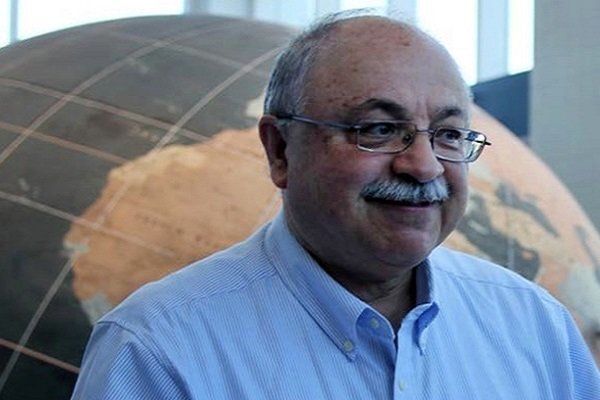
Prof. Nader Enttessar, Professor Emeritus of Political Science from the University of South Alabama said, "The most important development in 2020 was the novel coronavirus because it destroyed lives all over the world and inflicted significant damage to the world economy."
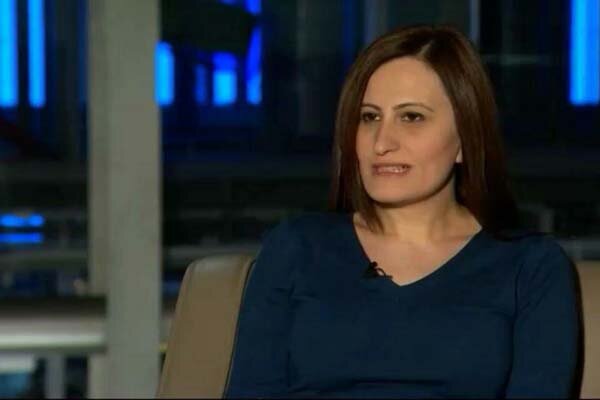
Dr. Bilgehan Alagoz, an international relations professor at Istanbul Marmara University said, "In my opinion, the most important event of 2020 was the covid19 pandemic. It was the first result of the pandemic that many people died at the same time all over the world. But next year, we will see its economic, political and social consequences. The world is just experiencing a similar process with the period between the First World War and the Second World War. For this reason, the pandemic will be a turning point for world politics."

Prof. Kazuto Suzuki, Vice-dean and Professor of international politics at Public Policy School of Hokkaido University, Japan said, "I think the most important issue of 2021 is whether Biden Administration would come back to JCPOA and how other Middle East countries, especially Israel and Saudi Arabia, would react to it."
Interviews by Payman Yazdani & Zahra Mirzafarjouyan









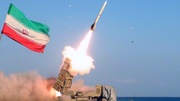
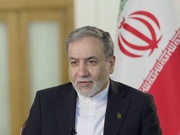
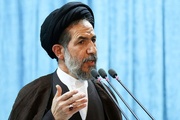










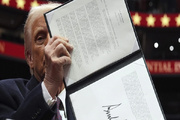
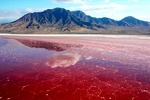
Your Comment